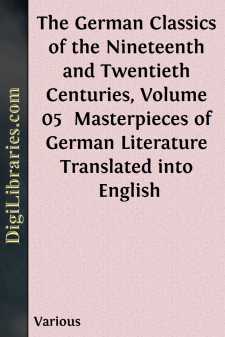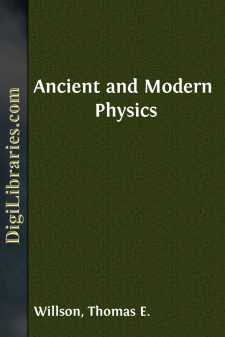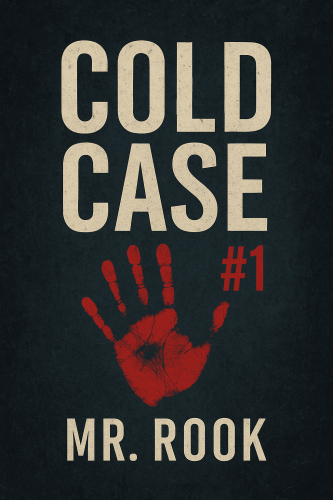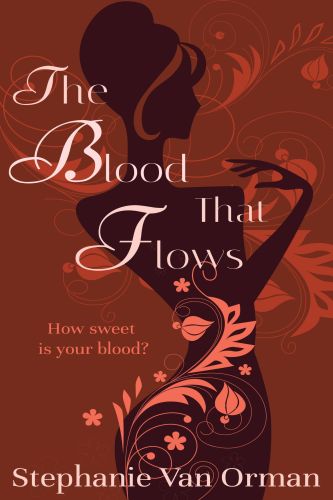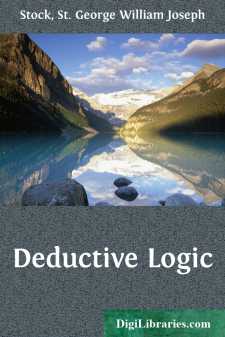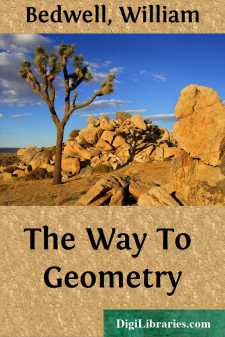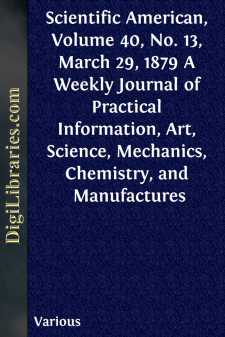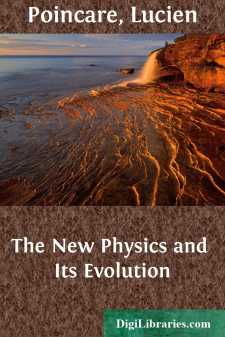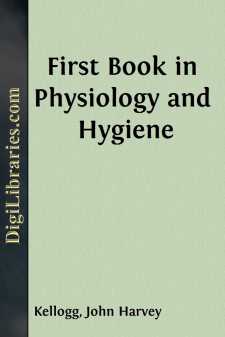Categories
- Antiques & Collectibles 13
- Architecture 36
- Art 48
- Bibles 22
- Biography & Autobiography 813
- Body, Mind & Spirit 142
- Business & Economics 28
- Children's Books 15
- Children's Fiction 12
- Computers 4
- Cooking 94
- Crafts & Hobbies 4
- Drama 346
- Education 46
- Family & Relationships 57
- Fiction 11829
- Games 19
- Gardening 17
- Health & Fitness 34
- History 1377
- House & Home 1
- Humor 147
- Juvenile Fiction 1873
- Juvenile Nonfiction 202
- Language Arts & Disciplines 88
- Law 16
- Literary Collections 686
- Literary Criticism 179
- Mathematics 13
- Medical 41
- Music 40
- Nature 179
- Non-Classifiable 1768
- Performing Arts 7
- Periodicals 1453
- Philosophy 64
- Photography 2
- Poetry 896
- Political Science 203
- Psychology 42
- Reference 154
- Religion 513
- Science 126
- Self-Help 84
- Social Science 81
- Sports & Recreation 34
- Study Aids 3
- Technology & Engineering 59
- Transportation 23
- Travel 463
- True Crime 29
The German Classics of the Nineteenth and Twentieth Centuries, Volume 05 Masterpieces of German Literature Translated into English
by: Various
Categories:
Description:
Excerpt
THE ROMANTIC PHILOSOPHERS—FICHTE, SCHELLING, AND SCHLEIERMACHER
By FRANK THILLY, PH.D., LL.D. Professor of Philosophy, Cornell
University
The Enlightenment of the eighteenth century had implicit faith in the powers of human reason to reach the truth. With its logical-mathematical method it endeavored to illuminate every nook and corner of knowledge, to remove all obscurity, mystery, bigotry, and superstition, to find a reason for everything under the sun. Nature, religion, the State, law, morality, language, and art were brought under the searchlight of reason and reduced to simple and self-evident principles. Human institutions were measured according to their reasonableness; whatever was not rational had no raison d'être; to demolish the natural and historical in order to make room for the rational became the practical ideal of the day. Enlightenment emphasized the worth and dignity of the human individual, it sought to deliver him from the slavery of authority and tradition, to make him self-reliant in thought and action, to obtain for him his natural rights, to secure his happiness and perfection in a world expressly made for him, and to guarantee the continuance of his personal existence in the life to come. In Germany this great movement found expression in a popular commonsense philosophy which proved the existence of God, freedom, and immortality, and conceived the universe as a rational order designed by an all-wise and all-good Creator for the benefit of man, his highest product; while other thinkers regarded Spinozism as the only rational system, indeed as the last word of all speculative metaphysics; for them logical thought necessarily led to pantheism and determinism. In France, after reaching its climax in Voltaire, it ended in materialism, atheism, and fatalism; and in England, where it had developed the empiricism of Locke, it came to grief in the scepticism of Hume. If we can know only our impressions, then rational theology, cosmology, and psychology are impossible, and it is futile to philosophize about God, the world, and the human soul. Consistently carried out, the logical-mathematical method seemed to land the intellect in Spinozism or in materialism—in either case to catch man in the causal machinery of nature. In this dilemma many were tempted to throw reason overboard as an instrument of ultimate truth, and to seek for certainty through other functions of the human soul—in feeling, faith, or mystical vision of some sort; the claims of the heart and will were urged against the proud pretensions of the intellect (Hamann, Herder, Jacobi). Another way of escape was found by substituting the organic conception of reality for the logical-mathematical view of the Aufklärung; nature and life, poetry, art, language, political, social, and religious institutions are not creations of reason, not things made to order, but organic—products of evolution (Lessing, Herder, Winckelmann, Goethe). Man, himself, moreover, is not mere intellect, but a being in whom feelings, impulses, yearnings, will, are elements to be reckoned with....


